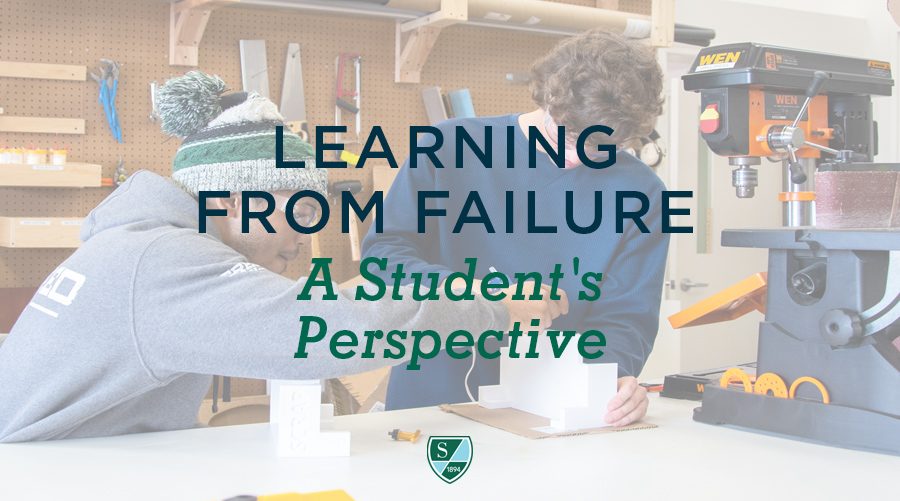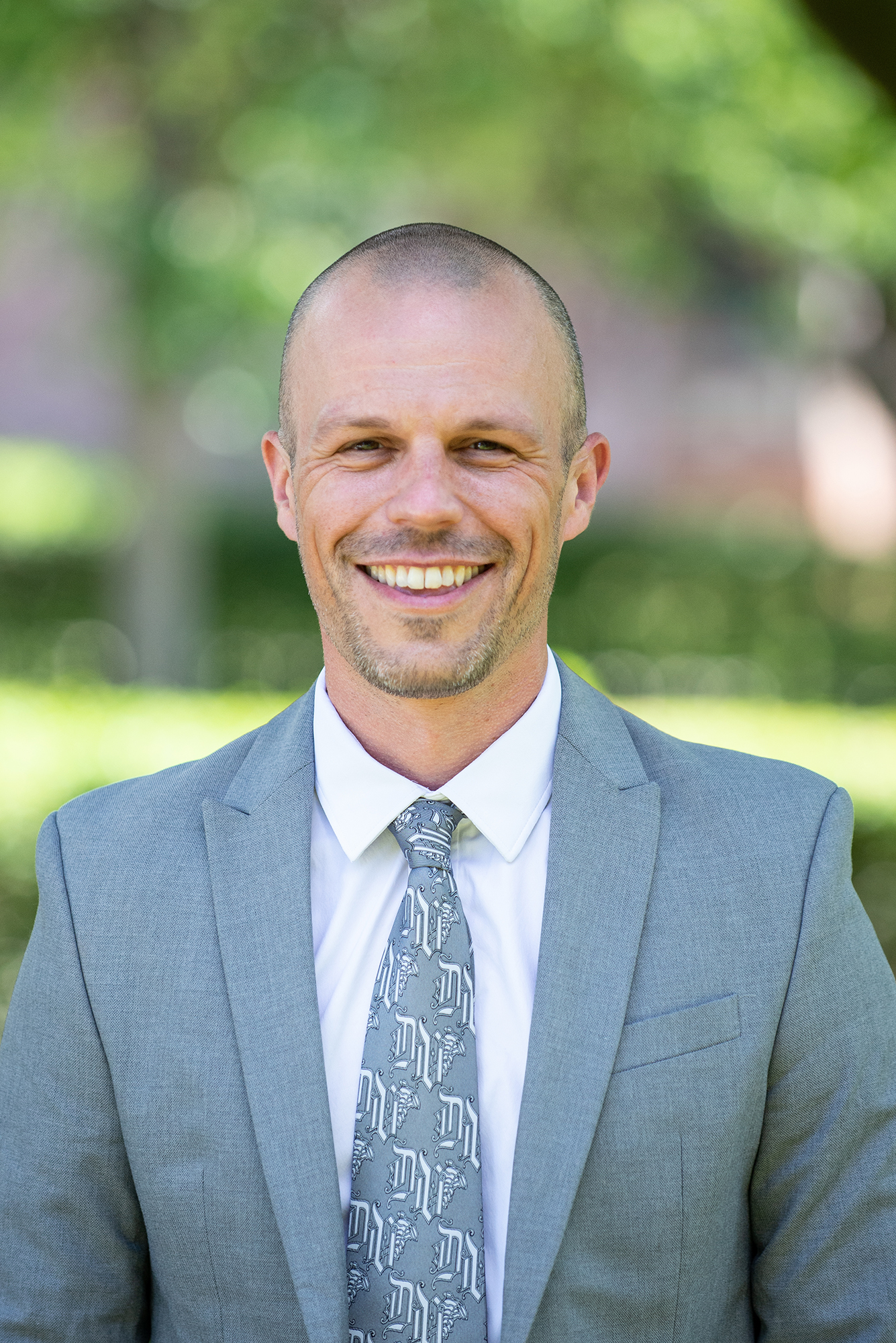In our previous post, we tried to present a bit of the research that helps disrupt the myth that the best way to live life is to avoid “negative” experiences. Instead, we need to help ourselves and the young people in our communities develop the ability to be “whole.” This is, in large part, because a failure to allow ourselves to experience and struggle through unpleasant feelings can lead to a certain fear factor and, eventually, to experiential avoidance.
Experiential avoidance, defined as “the unwillingness to remain in contact with distressing internal experiences along with the attempts to control or avoid distressing internal experiences,” has been associated with a range of psychopathological symptoms such as:
- Addiction
- Anxiety
- Depression
- Impulse control
On the surface, it makes a lot of sense for parents, teachers, and mentors to want to protect the young people they care about from the difficulties and ills the world has to offer. Yet, as the evidence suggests, we may be doing them a disservice when we don’t allow them to safely take on challenges and endure difficulties. This can rob them of the practice they need to develop healthy coping mechanisms, cognitive skills, and resilient mindsets. Don’t just take my word for it, though, you can hear it from one of Shipley’s rising seniors, Ellie Oberwager.
My first year at Shipley I had been put into a pre-algebra course that I quickly started failing. I received D’s and F’s and blamed it on anything I could other than myself. I received countless detentions for missing work and I had to get a math tutor to make up for how behind I was. I thought I was just a bad student and that Shipley was too difficult for me but as I grew older and retook that same pre-algebra course the next year, I made some internal discoveries. The reason I had been avoiding my work is so that I would not fail. I was afraid of seeing those bad grades on my homework and tests so I avoided them as best I could. I was afraid of disappointing my parents but I was mostly afraid of disappointing myself.
Before Shipley I had gone to a school that allowed me to play only to my academic strengths. Instead of working on math and English, I was allowed to work on English alone. Because I never tried anything I was not naturally good at, I never failed, so I never learned how to fail and instead was given this false sense of confidence. When I came to Shipley I failed a lot, but instead of trying again I called myself unintelligent and gave up. Only this time, I was not allowed to give up. Shipley pushed me and gave me chance after chance to seek help and redeem myself. I was too stubborn and stuck in my old mindset to see that at the time, but now I can see the opportunity Shipley has given me to learn how to fail gracefully. Instead of giving up at the slightest inconvenience, I have been given the skills I need to persevere.
Learning how to approach and learn from failure is one of the most important things I have ever learned. Without having the ability to fail I would never be able to understand that failure does not have to be a negative experience. Failure is a part of the learning process and it allows you to formulate new ideas and better yourself academically and emotionally. I thought failure was the worst thing in the world and that if I failed it meant I was not good enough. Learning from failure is a valuable skill to have and without it I would most likely not try new things. Failing used to make me insecure, but now it makes me feel confident and that I am capable of success.
-Ellie Oberwater ’21
Dr. Wendy Mogel, author of The Blessings of a B-, notes that adolescence is a long road of ups and downs, but that those ups and downs are very important. We can’t expect young people to skip from being carefree little ones straight to tremendous successes without the bumps along the way that build them and their ability to be resilient and persevere. They need to have these experiences. Ideally in the kind of safe and supportive environment that Shipley strives to provide to all of its learners.
After all, if parents, teachers, and mentors don’t help equip our young people with the experiences and skills to endure tough times, who will?
Learn more about Positive Education at The Shipley School.
References
Hayes-Skelton, S. A., & Eustis, E. H. (2020). Experiential avoidance. In J. S. Abramowitz & S. M. Blakey (Eds.), Clinical Handbook of Fear and Anxiety: Maintenance Processes and treatment mechanisms (p. 115–131). American Psychological Association. https://doi.org/10.1037/0000150-007
Mogel, W. (2011). The Blessing of a B minus: Using Jewish Teachings to Raise Resilient Teenagers. Simon and Schuster.
Riley, B. (2012). Experiential Avoidance Mediates the Association Between Thought Suppression and Mindfulness with Problem Gambling. J Gambl Stud. 2014;30(1):163-171. doi:10.1007/s10899-012-9342-9










